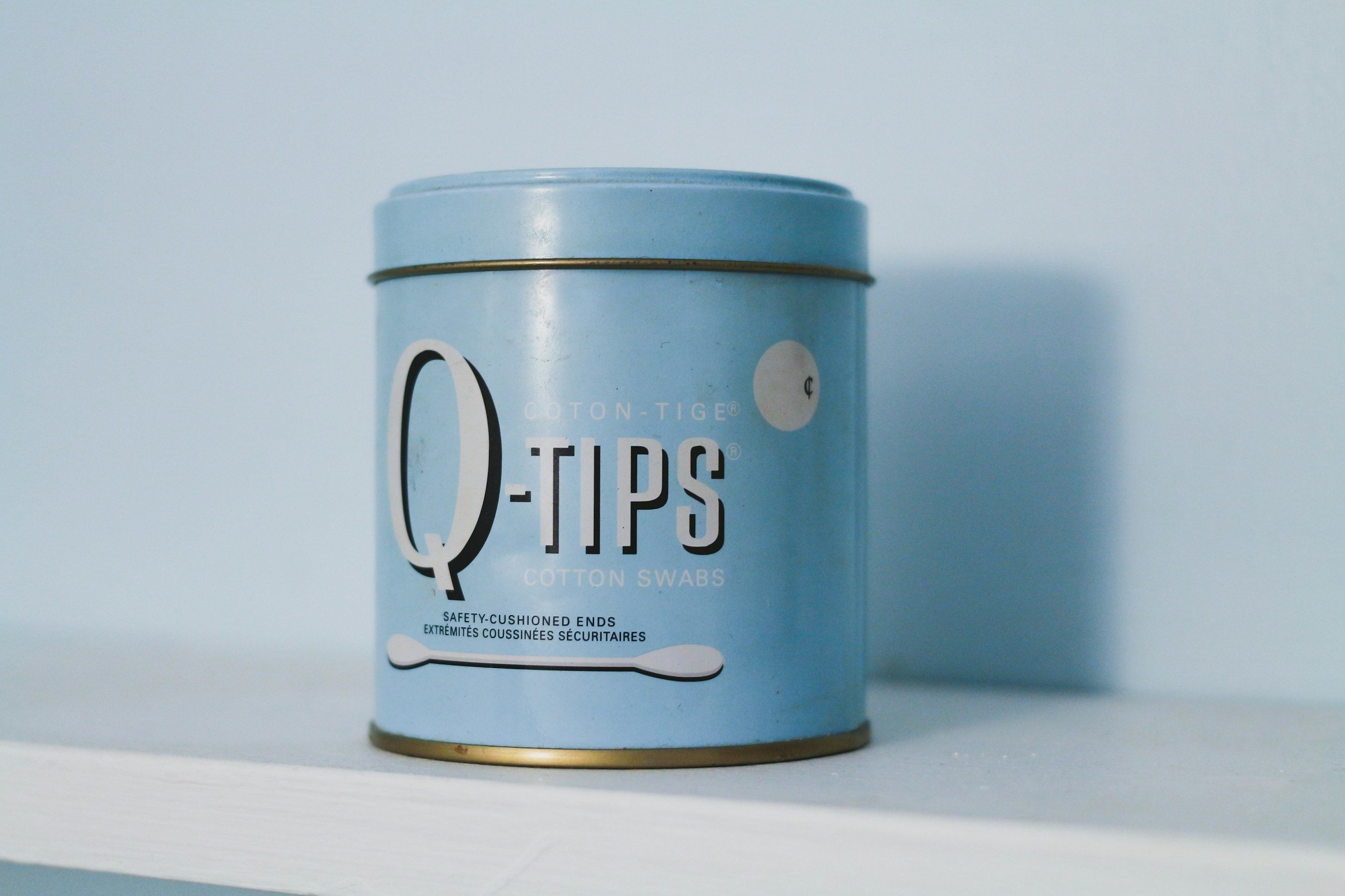
Q's TIPS
The content on this website is intended for general informational purposes only. It is not a substitute for professional medical, mental health, therapeutic advice, diagnosis, or treatment. Always seek appropriate help.
Breathing Practice
Having a breathing practice can take many forms and offer numerous benefits, including stress management, anxiety reduction, and activation of the vagus nerve, which signals the body to relax. This can lead to lower heart rates, decreased blood pressure, and improved oxygen circulation throughout the body, enhancing both mental and physical health.
Shift and Adapt offers a fantastic, free two-week program designed to help you assess your breathing and develop a breathing practice. If you need assistance, this is a fantastic place to begin!
Find their breath calculator below!
Anxiety
Anxiety is a natural and adaptive response to stress or perceived threats. It is a normal part of life that can motivate us to take action and solve problems. However, excessive or prolonged anxiety can cause significant distress and interfere with daily functioning. Anxiety disorders refer to a group of mental health conditions characterized by persistent worry, fear, or nervousness.
The Worry Management Worksheet is a useful tool in cognitive-behavioral therapy (CBT) that helps individuals manage and cope with excessive worry and anxiety. CBT is a therapeutic approach that focuses on identifying and changing negative thought patterns and behaviors. Check it out below!
Sunday Scaries
The term "Sunday scaries" describes the anxiety that many people feel as the weekend comes to an end and the workweek begins. This often leads to stress and worry about upcoming responsibilities, making Sundays less relaxing. It can also result in difficulty unwinding or falling sleeping. Headspace offers a helpful podcast series on this topic, which can be found with the link below.
Mindfulness
Mindfulness is the practice of paying full attention to the present moment in a nonjudgmental way. It involves observing thoughts, feelings, bodily sensations, and the environment around you without trying to change or react to them. RAIN is a guided mindfulness exercise. The acronym RAIN—Recognize, Allow, Investigate, Nurture—guides us in bringing mindfulness and compassion to difficult emotions.
Seasonal Blues
Light therapy, often referred to as "happy lights" or lightboxes, is a recognized and commonly used treatment for Seasonal Affective Disorder (SAD), a type of depression that occurs at a specific time of year, usually during the fall and winter months when there is less natural sunlight. Light therapy involves exposure to a bright light that mimics natural sunlight and is designed to regulate melatonin and serotonin levels, helping to alleviate symptoms of seasonal depression.
Grief
Grief is the deep sorrow or sadness that follows the loss of someone or something important. It can feel overwhelming, with waves of emotions ranging from sadness to anger, confusion, and even numbness. Grieving is a personal process, and there is no "right" way to mourn; it takes time and can vary from person to person. Although grief can be painful, it is also a reflection of the love and connection that once existed. For extra support, consider looking into the writing courses by Megan Devine, the author of "It's Okay That You Are Not Okay." These courses are designed to help you deepen your understanding of grief, learn how to support others who are grieving, and become more informed about the grieving process.
Burnout, Completing the Stress Cycle
Every day, we encounter various stressors in our lives, whether at home, at work, at school, or in social settings. Unfortunately, this constant exposure to stress is detrimental to both our emotional and physical well-being. Stress increases cortisol in our bodies, and this hormone can negatively impact our health. Chronic stress can further contribute to mental and physical health problems. To prevent this, it is essential to learn how to manage stress. Starting with the basics is key. Making sure that we sleep well, eat nutritious food, stay hydrated, engage in physical activity, and practice mindfulness are a few things we can do to manage stress. As the Nogoski Sisters put it, "The stress itself will kill you faster than the stressor will unless you do something to complete the stress response cycle." Time to make some changes.
